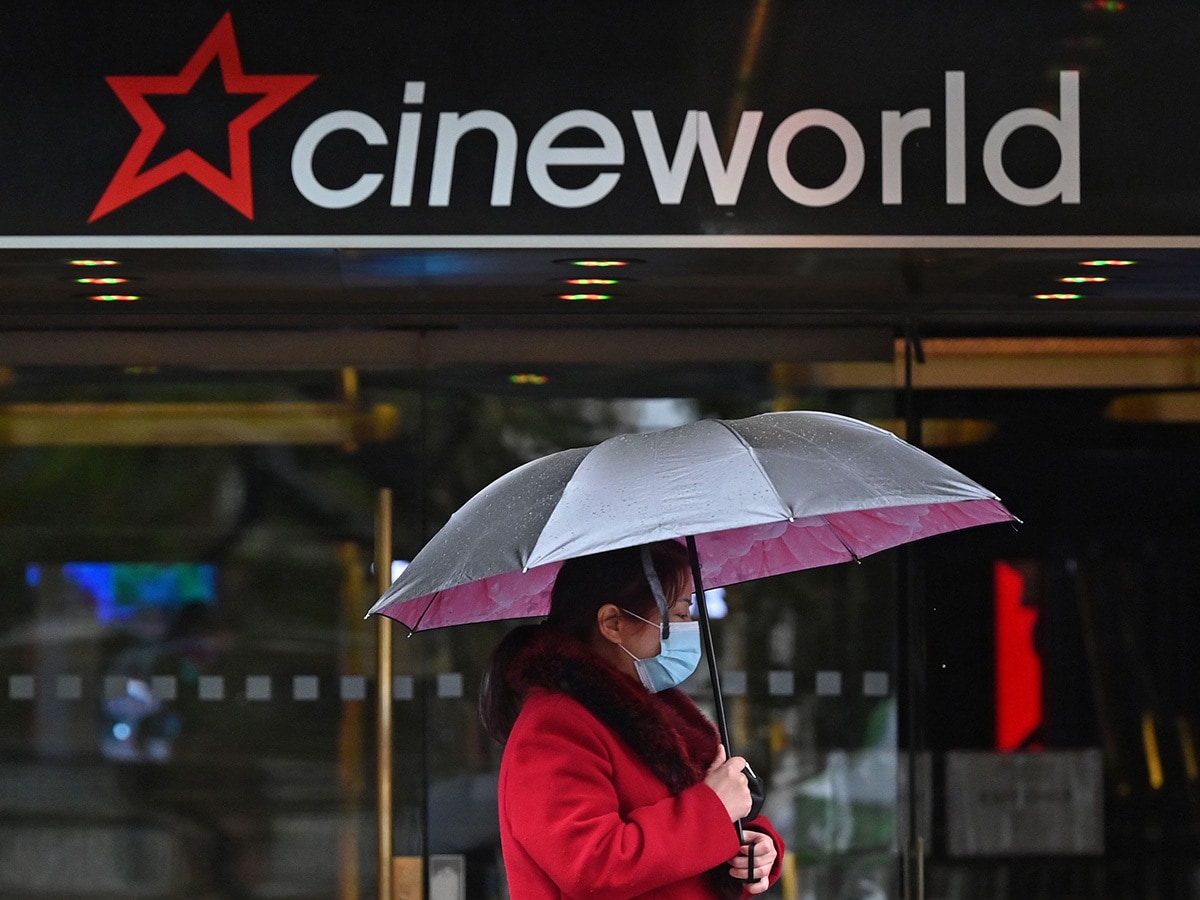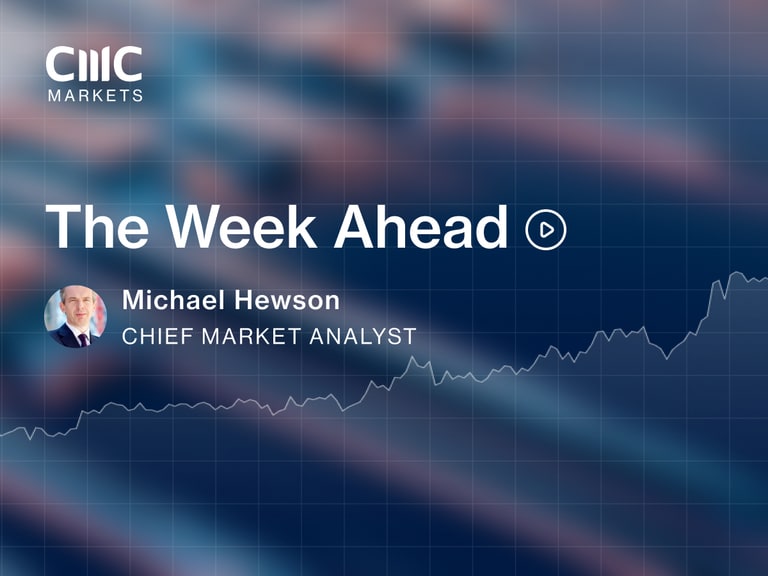
Cineworld’s [CINE] share price spiked on Tuesday, albeit from a very low base, roughly two weeks after the struggling cinema chain agreed a rescue package with its lenders. The shares reached a high of 3.299p yesterday morning, up 19.3% from Friday’s closing price of 2.765p as trading resumed in London following Monday’s public holiday to mark the funeral of Queen Elizabeth II. The stock later slipped back, but still ended the day up 13.8%. Can the interim results, the release of which has been pushed back to 30 September, set the stage for further gains?
Cliffhanger moment
With its share price down more than 95% in the past year, the London-listed company is in a precarious position. Will the outstretched arm of the rescue package pull Cineworld back to safety, or will the embattled company slip and fall in to the abyss? We should find out the answer during the first quarter of 2023 – that’s when the world’s second-largest cinema chain said it expects to emerge from the bankruptcy proceedings that it entered two weeks ago.
On 7 September, the UK-based chain filed for Chapter 11 bankruptcy protection in the US, starting a court-supervised restructuring process that buys struggling companies time to reduce their debts. Cineworld, which operates about 750 sites including the Picturehouse chain in the UK and more than 500 Regal movie theatres in the US, said in its filing that it intended to reduce its nearly $9bn of debt and shore up its balance sheet through a restructuring of its UK and US businesses.
The company attributed its problems to the closure of cinemas during the Covid-19 pandemic and delays to new films since its venues reopened. As part of the filing for bankruptcy protection, chief executive Mooky Greidinger remarked that “the pandemic was an incredibly difficult time for our business, with the enforced closure of cinemas and huge disruption to film schedules that has led us to this point.”
The cinema chain has secured financing of almost $2bn from its lenders, including US investment managers Invesco, Eaton Vance and State Street. However, hopes that the company may emerge from Chapter 11 within a little over six months mean that management doesn’t have long to choose between reorganising or selling up.
Cineworld woes predate pandemic
While cinemas around the world were undoubtedly hit hard by the coronavirus pandemic, blaming current issues on a shortage of new releases rings a little hollow. Cineworld’s rival, AMC Entertainment, posted better-than-expected quarterly results last month driven by record admissions, raising questions over the ability of Cineworld’s management to deliver a similar recovery. Just over a year ago, Cineworld bosses were criticised over a pay and bonus scheme that suggested a skewed sense of priorities at a time when the company was incurring heavy losses.
Cineworld was poorly placed to cope with the financial hit inflicted by the pandemic. Its huge debt pile was partly amassed through ambitious expansion, including the 2017 purchase of US chain Regal Cinemas for about $3.6bn. Cineworld also struck a deal to acquire Canadian rival Cineplex for roughly $1.7bn, but the takeover was abandoned in 2020, just months after Covid-19 began to spread around the world. Cineworld may have to pay a $1bn legal bill for pulling out of that deal, adding to its debt burden, but the chain is contesting the payment in the Canadian courts.
Like other cinema chains, the business also continues to face an existential threat from streaming services such as Netflix. As Wilk Auslander’s bankruptcy expert Eric Snyder told the Guardian this month, “travelling to a movie theatre to watch a movie for two to three hours, and spending $20 to $25, is just not attractive any more for a lot of people, especially young people”.
Analysts rate Cineworld shares a ‘hold’
While it seems unlikely that Cineworld shares will climb back towards their 2019 high of more than 300p any time soon, analysts appear neutral on the stock. According to the Financial Times, all four of the analysts offering a rating on Cineworld in September 2022 considered the shares a ‘hold’. Their median 12-month price target was 31.54p, representing a 1,040.7% increase on last Friday’s closing price of 2.77p.
For the shares to recover to the analysts’ target price, much will depend on the success of the debt restructuring programme currently underway. The announcement of interim results at 7am on Friday 30 September is likely to give investors a more accurate indication of how bad things are and a sense of which bits of the business could be sold to help the company cut its debts.
Disclaimer: CMC Markets is an execution-only service provider. The material (whether or not it states any opinions) is for general information purposes only, and does not take into account your personal circumstances or objectives. Nothing in this material is (or should be considered to be) financial, investment or other advice on which reliance should be placed. No opinion given in the material constitutes a recommendation by CMC Markets or the author that any particular investment, security, transaction or investment strategy is suitable for any specific person. The material has not been prepared in accordance with legal requirements designed to promote the independence of investment research. Although we are not specifically prevented from dealing before providing this material, we do not seek to take advantage of the material prior to its dissemination.






















